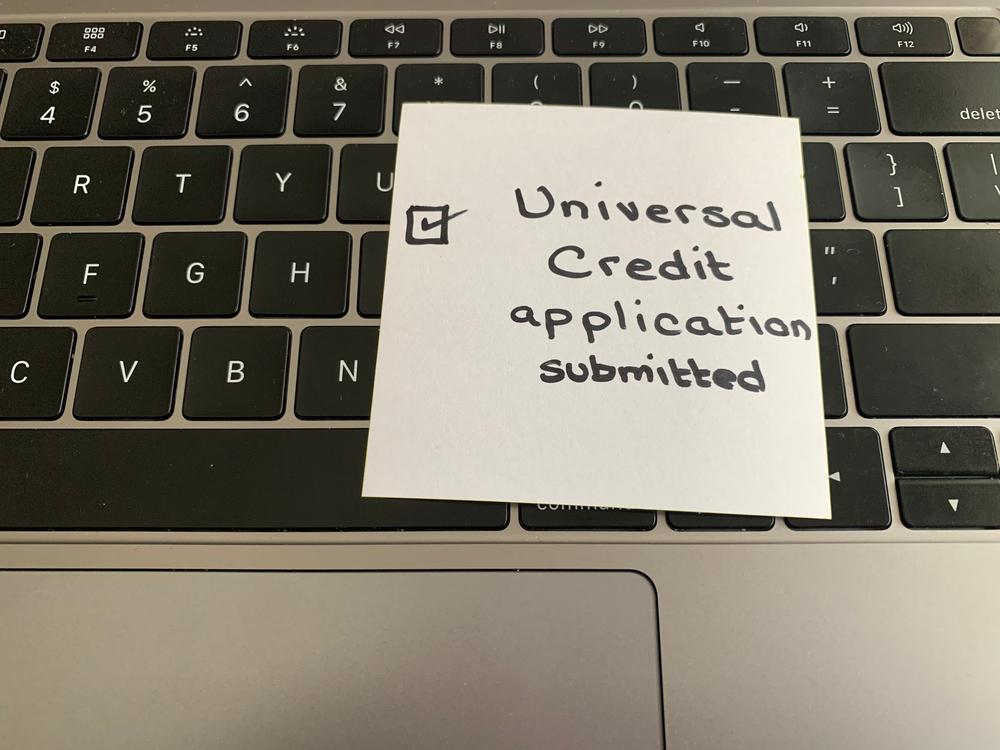The UK’s Chancellor of the Exchequer Rishi Sunak has warned that there are “tragic projections” for unemployment in the months ahead in a dire reflection on the impact of the coronavirus pandemic on the UK economy.
Scrambling to recover
Despite the success of the government’s furlough scheme and the much-needed boost from the Bank of England’s £100 million stimulus package, the economy contracted a record 20.4% in April and continues to face unprecedented challenges to recover to pre-crisis levels.
Earlier this week, Bank of England Governor Andrew Bailey revealed that the UK economy had been on the brink of a “market meltdown” during the early stages of the pandemic and faced insolvency for the first time in its 325-year long history.
As businesses across the UK begin to reopen, it is hoped that the economy will be stirred into action, buoyed by increased demand from consumers that have been unable to spend because of nationwide store closures. Already high street stores have been met by long queues and a surge in sales since the government announced that non-essential shops could open on the 15th of June.
Significant strings attached
However, the economy’s path to recovery is looking all but smooth. Sunak told Bloomberg that he intends to set “an exceptionally high bar” for businesses applying for additional support after the furlough scheme ends in October, adding that it should be “extremely rare” for the government to bail out firms facing financial struggles.
He insisted: “Support like that would come with significant strings attached. All of that would be to protect the taxpayer. One would expect financial investors and creditors to significantly share in the burden of that, and all other venues explored”.
“This is not my money,” Sunak told Bloomberg on Friday. “It’s not government’s money. This is taxpayers’ money. I shouldn’t be sitting here trying to pick winners.”
Playing down rumours of imminent VAT cuts, Sunak claimed that most Brits’ finances were “reasonably robust” due to the success of the furlough scheme, and that the real challenge for getting the economy back on track was challenging consumers’ “psychology”.
“The number one thing is confidence to return to doing the things they were doing three months ago”.
Bail-outs ruled out
The Chancellor’s announcements come as a dire warning to UK businesses that they will not be able to rely on government loans to help weather the Covid-induced storm. Instead, the impetus lays in firms’ ability to convince lenders, shareholders and new investors to provide help in the absence of taxpayer-funded bail outs.
A number of corporate giants have already made headlines pleading the UK government for help, but it appears that the threshold for further financial aid is to be moved out of most companies’ reach. The government already faces a mountain of debt of its own, after a record £55.2 billion of borrowing in May pushed UK debt to 100.09% of GDP.
Unemployment storm brewing
With unemployment expected to soar to 3.4 million during this quarter, Sunak has stated that his main priority is to prevent further job losses and that the best way to achieve this aim is to reopen the economy as swiftly and smoothly as possible.
“There are very tragic projections for what might happen to employment, there’s enormous dislocation in the labor market. My priority absolutely is to try and protect and preserve as many of those jobs as possible”.

